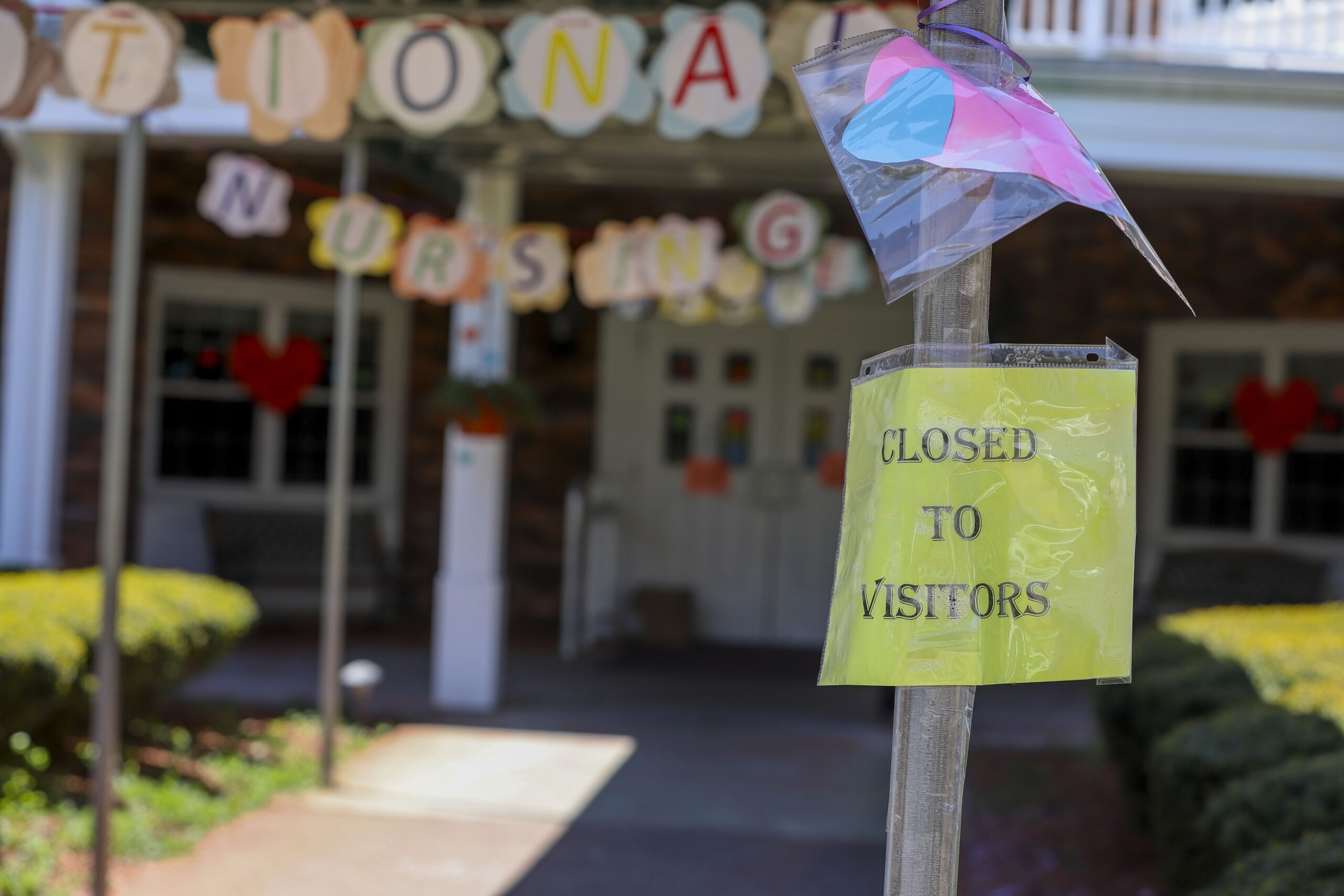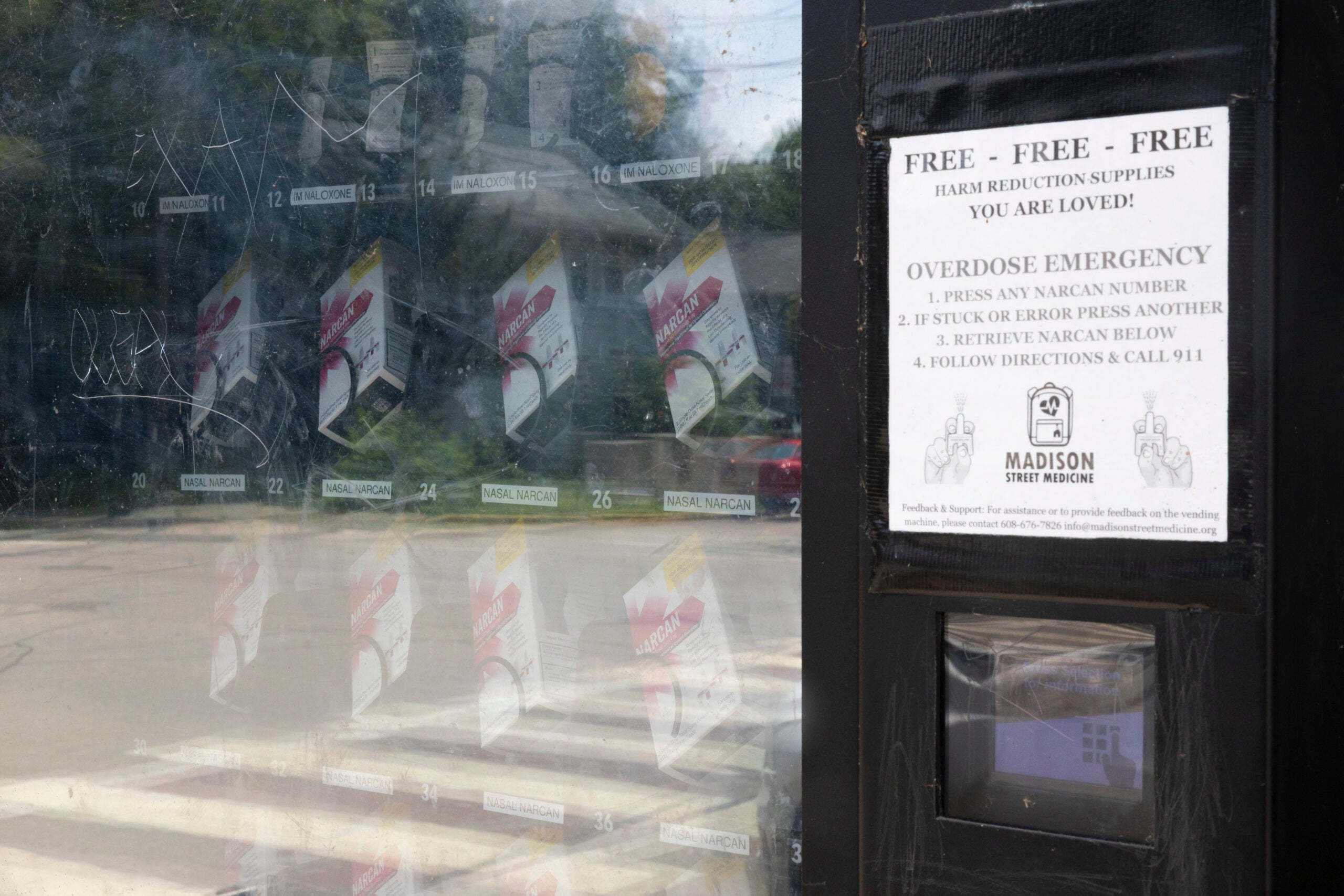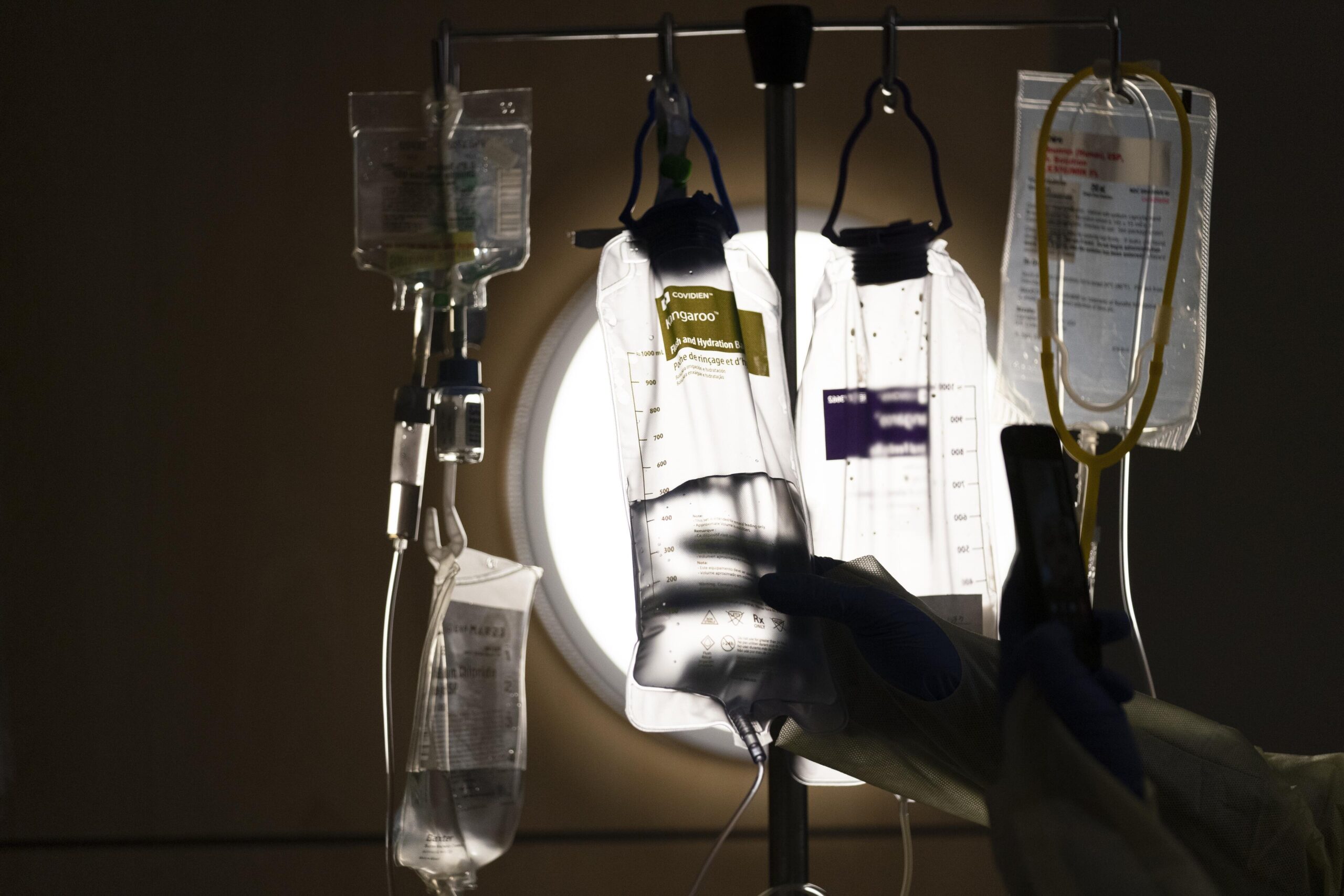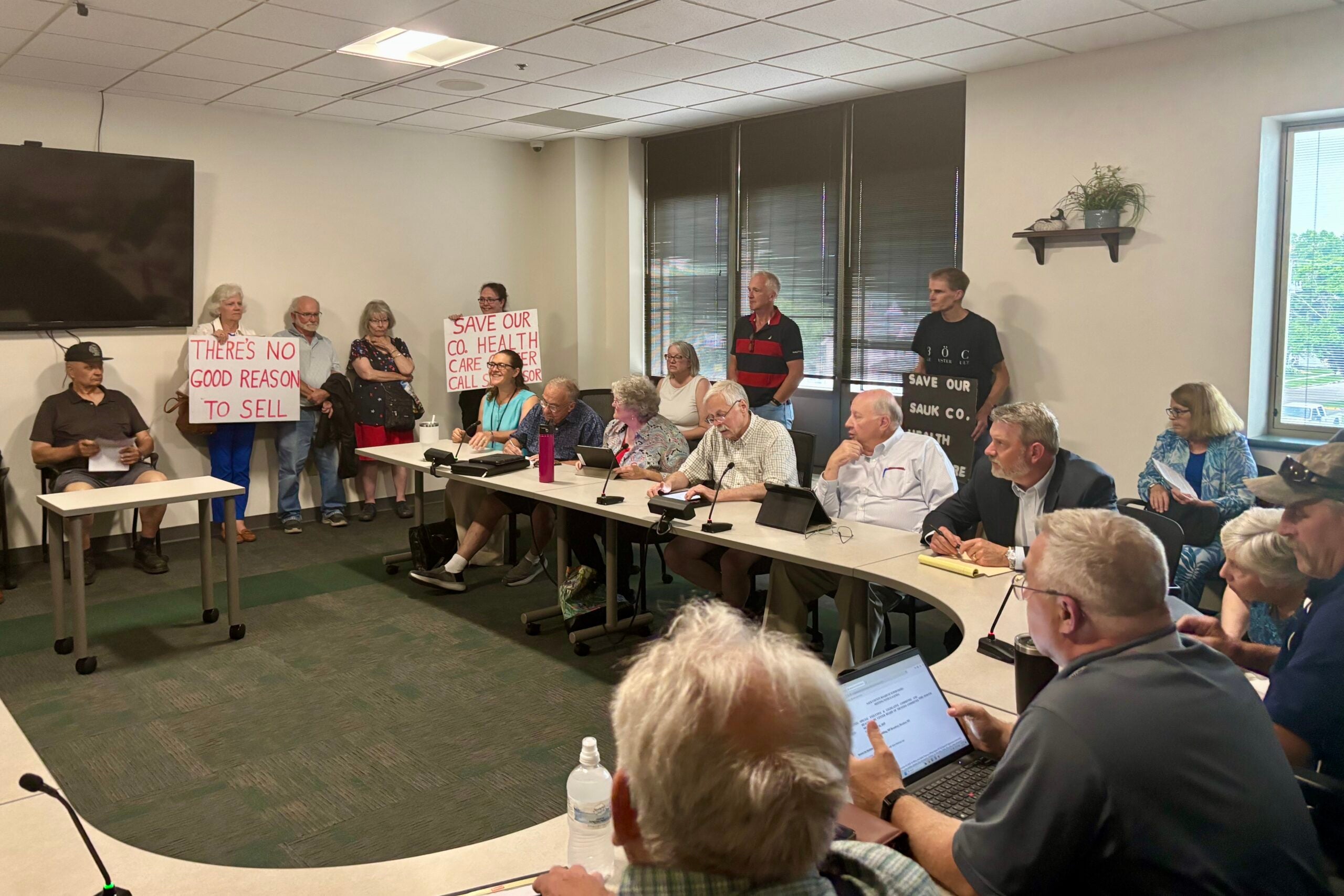More than 40 percent of all the deaths in Wisconsin caused by the new coronavirus are people from nursing homes or assisted living facilities.
It’s a grim situation for facilities and families across the nation that first caught people’s attention after an outbreak in March at a nursing home in Kirkland, Washington.
“There are three driving factors in my mind that create somewhat of a perfect storm for skilled nursing. No. 1 is the age of the residents we care for,” said David Mills, CEO of North Shore Healthcare which operates numerous care facilities in Wisconsin and Minnesota, and is based in Glendale. In Wisconsin alone, North Shore runs more than 60 nursing homes and assisted living centers.
News with a little more humanity
WPR’s “Wisconsin Today” newsletter keeps you connected to the state you love without feeling overwhelmed. No paywall. No agenda. No corporate filter.
Other contributing factors which can make nursing home residents at higher risk for complications from COVID-19 are close living quarters and existing health problems, said Mills, who spoke Thursday during a Wisconsin Health News webinar.
Earlier this month, the Wisconsin Department of Health Services identified which nursing homes have positive cases of COVID-19. As of Thursday morning, there were 53 active health investigations at long-term care facilities in the state. An investigation begins when there is one positive case at a facility.
Prior to that, the federal Centers for Medicare and Medicaid Services announced nursing homes would be required to report cases to the Centers for Disease Control and Prevention and notify residents and families within 12 hours of a single confirmed case.
The high number of deaths in nursing homes during the pandemic has led to a push for more testing in long-term care facilities in the state.
“Part of our work together with the long-term care stakeholder community is to ramp up testing, is to ramp up our ability to help them wrap around a positive case and stop the spread so that we are protecting these vulnerable populations,” DHS Secretary Andrea Palm said during a media briefing earlier this month.
Mills said he “absolutely supports” testing as part of the solution but there are challenges, such as paying for the tests, the accuracy of the tests, and balancing the rights of residents, some of whom may not want to be tested.
On Tuesday, Gov. Tony Evers announced the state will spend $202 million to provide COVID-19 test collection kits to local hospitals, nursing homes and public health departments for free. That is part of $1 billion in federal funds Wisconsin will get to combat COVID-19.
Many nursing homes were struggling with staff shortages and revenue losses before the pandemic. Mills predicts some will close, in part because of Medicaid reimbursement rates from the state, which he said don’t cover costs of care.
“We are at center of this storm. We need help,” Mills said.
While long-term care facilities have gotten some funding from the federal coronavirus relief bill, the CARES Act, he said it’s not enough.
On Thursday, Evers announced a grant program funded by the federal coronavirus relief bill. Totaling $100 million, the funding will support providers most at-risk for financial hardship during the COVID-19 pandemic. This includes long-term care providers such as skilled nursing facilities and assisted living facilities.
“We certainly value the long-term care (facilities) in the state. Previous CARES money that was allocated to hospitals did not allow us to provide money for nursing homes,” Evers said during an online press briefing Thursday.
In Wisconsin, more than 30 skilled nursing homes have closed since 2016. Increased costs related to the pandemic and occupancy declines have worsened the situation, Mills said.
Wisconsin Public Radio, © Copyright 2026, Board of Regents of the University of Wisconsin System and Wisconsin Educational Communications Board.







